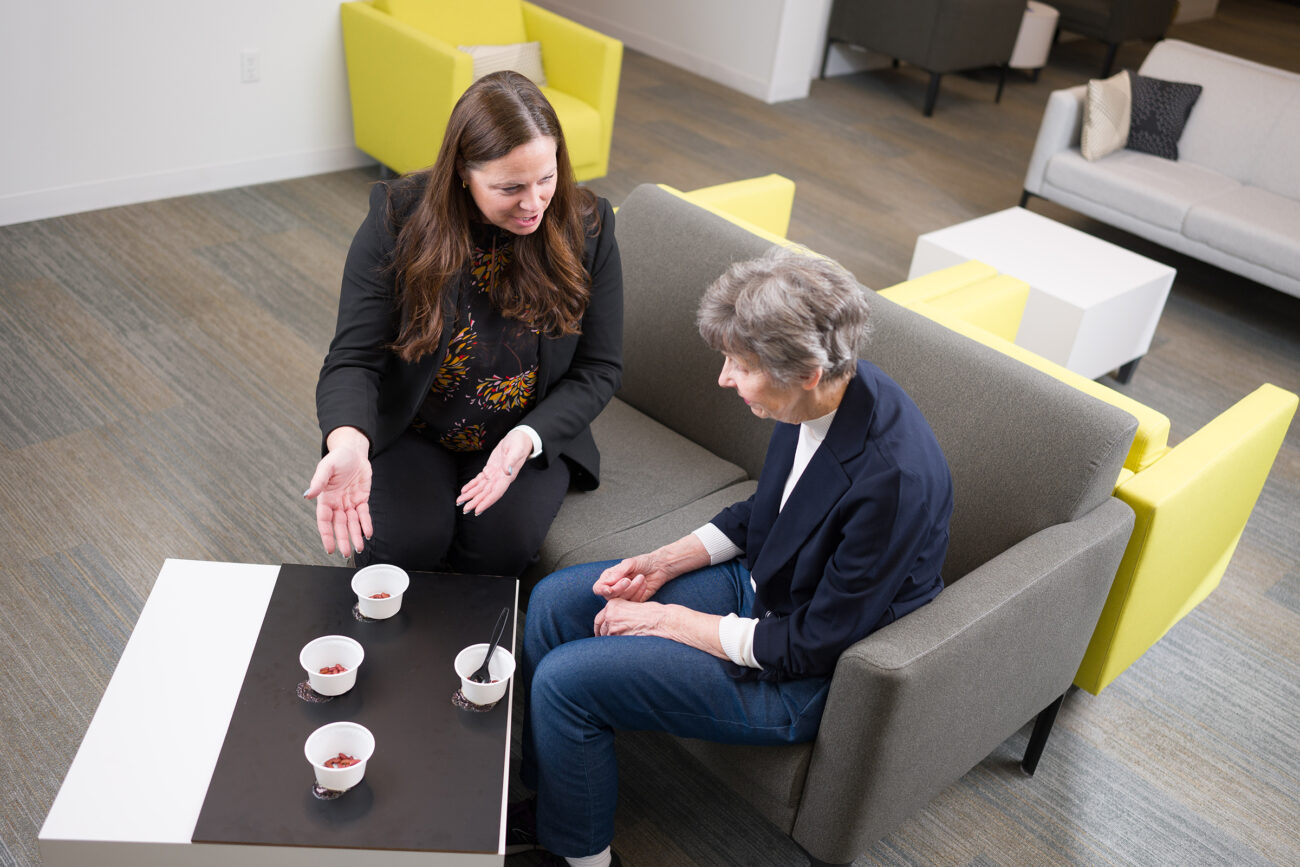Addressing Youth Mental Health
 A Utah Division of Substance Abuse and Mental Health student survey from 2017 showed that 69 percent of youth in grades 6-12 had moderate depression and 53 percent reported feeling very sad, hopeless, or suicidal in the last 30 days, but did not talk to anyone about it.
A Utah Division of Substance Abuse and Mental Health student survey from 2017 showed that 69 percent of youth in grades 6-12 had moderate depression and 53 percent reported feeling very sad, hopeless, or suicidal in the last 30 days, but did not talk to anyone about it.
In addition, since 2014, suicide is reported as the leading cause of death for Utah youth, ages 10-17, according to the Utah Department of Health.
Because of these alarming numbers, USU Extension 4-H personnel in Davis County applied for and received a grant from the federal Substance Abuse and Mental Health Services Administration. The funding launched the Youth Mental Health First Aid program, which trains adults in Davis County to detect and respond to mental health concerns in youth ages 12-18. Zuri Garcia, USU Extension assistant professor and project director, says those being trained learn how to listen and appropriately help youth. They are taught about resources such as hotlines, service providers, and support groups.
“We train adults to recognize and help youth with mental health needs just like a person trained in first aid helps when a physical need arises,” says Garcia. “The ‘first aiders’ refer youth and their families to professionals. They don’t diagnose or treat youth themselves.”
Ken White, vice president for USU Extension, says the grant comes at a crucial time with the suicide rate so high among youth. “We have an epidemic in our state that needs to be addressed. We are hopeful that by training adults to offer mental health support, the lives of our youth can be improved and saved.”
White notes that USU Extension recently hired five new employees statewide under a new initiative, Health Extension, to provide credible resources for adults and youth for physical, mental and emotional health. “We feel that with Extension offices serving every county in the state, we are in a perfect position to offer programs and support for all aspects of health.”
Research in child development indicates children with at least one stable and supportive adult in their life can thrive despite experiencing hardships. Garcia says to date, more than 800 adults have been trained as “first aiders” to help be that buffer and assist youth in getting help when they need it.
The grant also provides programs and events to help reduce the stigma often associated with mental health concerns. One such program is 4-H Camp Thrive, a research-based youth mental health and resilience summer camp, which aims to increase youth knowledge of mental health through engaging activities. More than 100 youth have received training so far.
“Educating youth about self-awareness, coping with stress, problem solving, understanding their personal network, pro-social awareness and self-care improves their understanding about mental health,” Garcia says. “This also increases their likelihood of seeking help when they need it.”
Andrea Hood, a Youth Mental Health First Aid instructor, has worked in social services and now works in suicide prevention at the state level.
“The training I received for this program has empowered me to feel more confident in helping others with mental health conditions,” she says. “Understanding replaces fear, and empathy replaces judgment as you learn through research and stories.”
Though the Youth Mental Health First Aid program was piloted in Davis County, Garcia is providing training in other counties, including Cache, Salt Lake, and Utah. Efforts are being made to reach additional counties in both English and Spanish.
“I am happy to see the program reach those in need,” Garcia says. “If we had a heart condition, we wouldn’t hesitate to go to the doctor. And likewise, if there are mental health concerns, we should be just as proactive in getting help.”
– By Julene Reese
For further information on the USU Extension Davis County grant, programs and services, or to make a donation to continue funding the program, contact Garcia at 435-374-8784 or zuri.garcia@usu.edu.





